More used to discussing government business in closed-door sessions, members of Hong Kong leader Carrie Lam Cheng Yuet-ngor’s quasi-cabinet have been in the media spotlight recently over their roles as her top advisers in the political debacle triggered by the government’s handling of the fugitive bill, which Lam has conceded was a “total failure”.
As calls grow louder for a major cabinet reshuffle to signal Lam’s willingness to start afresh, her administration drew more criticism after announcing the Executive Council would go on summer recess until late August despite the ongoing political crisis.
Political scientist Cheung Chor-yung of City University called the move bizarre. “When Hong Kong is in a mess, they should hold more meetings to work out solutions. But they choose to go on holiday, leaving the top decision-making level in a vacuum.”
What is Exco and what is its composition?
Commonly described as the chief executive’s cabinet, Exco assists the city’s leader in policymaking.
At present, Exco has 32 members, comprising 16 government ministers and 16 non-officials. Non-official members are appointed by the chief executive, as he or she wishes, without a specific number. In former leader Tung Chee-hwa’s time, there were only four non-official members on Exco.
Who are the non-official Exco members?
Critics have said Exco membership was used as a reward for those who had supported Lam during the chief executive elections in 2017.
Seven of the 16 non-official members come from pro-establishment political parties. Seven are sitting legislators, including Regina Ip Lau Suk-yee of the New People’s Party and Tommy Cheung Yu-yan of the Liberal Party. Ronny Tong Ka-wah, formerly with the opposition Civic Party, is the only member from a pan-democrat background; others from the pro-democracy camp have declined to join the government. Exco’s convenor is Bernard Chan, who was the head of Lam’s campaign during the 2017 chief executive elections.
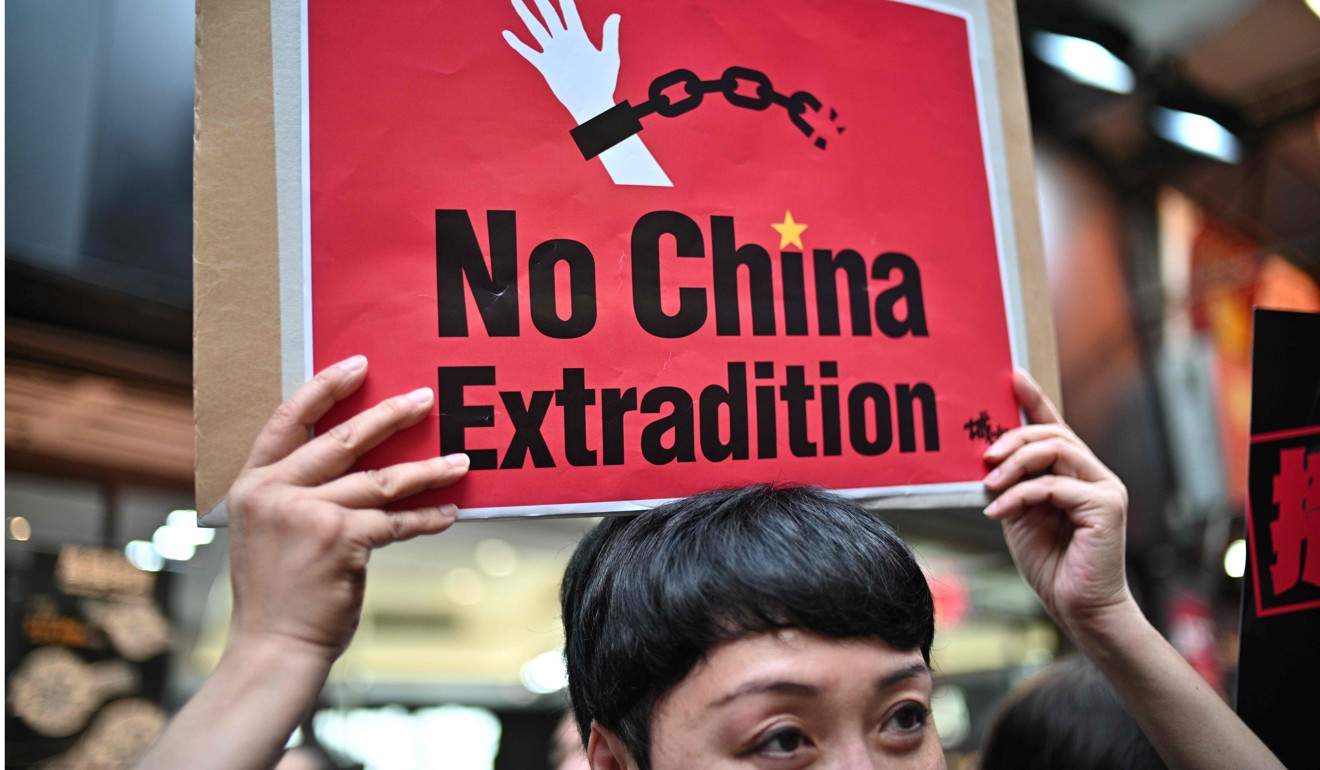
There is no specific length for members’ terms. Usually, their membership will end at the same time as the term of the chief executive who appoints them.
What is the work of Exco and what specific powers its members wield?
The chief executive presides at Exco meetings. Its proceedings are confidential, although many of its decisions are made public. The Basic Law, the city’s mini-constitution, requires the chief executive to consult Exco before making important policy decisions. In the event of the chief executive not accepting a majority opinion of Exco, he or she must put the specific reasons on the record.
Members tender their advice individually, but Exco members assume collective responsibility and should publicly support government decisions although they may privately disagree. This support includes voting for the government in the legislature.
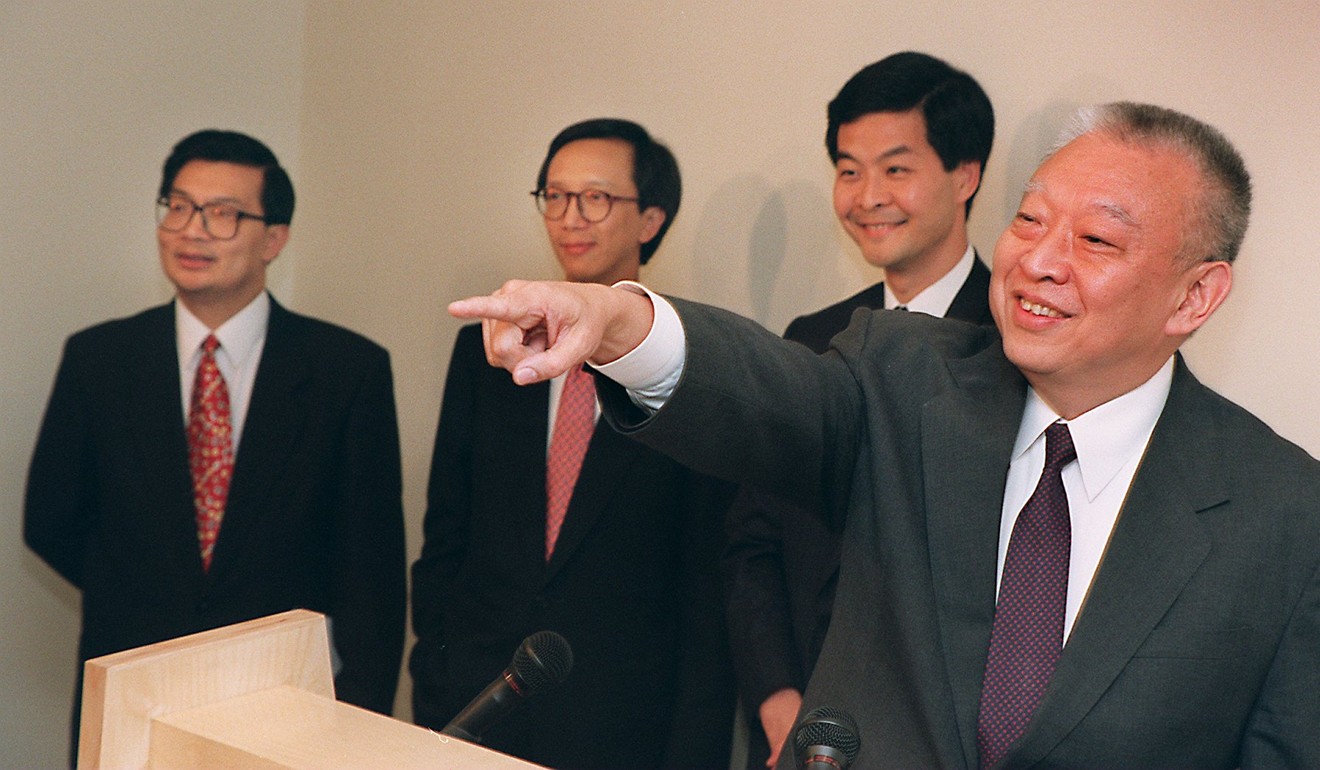
It is unusual for Exco members to resign in protest against the government’s decisions, or as a way of assuming responsibility for the government’s failed policy.
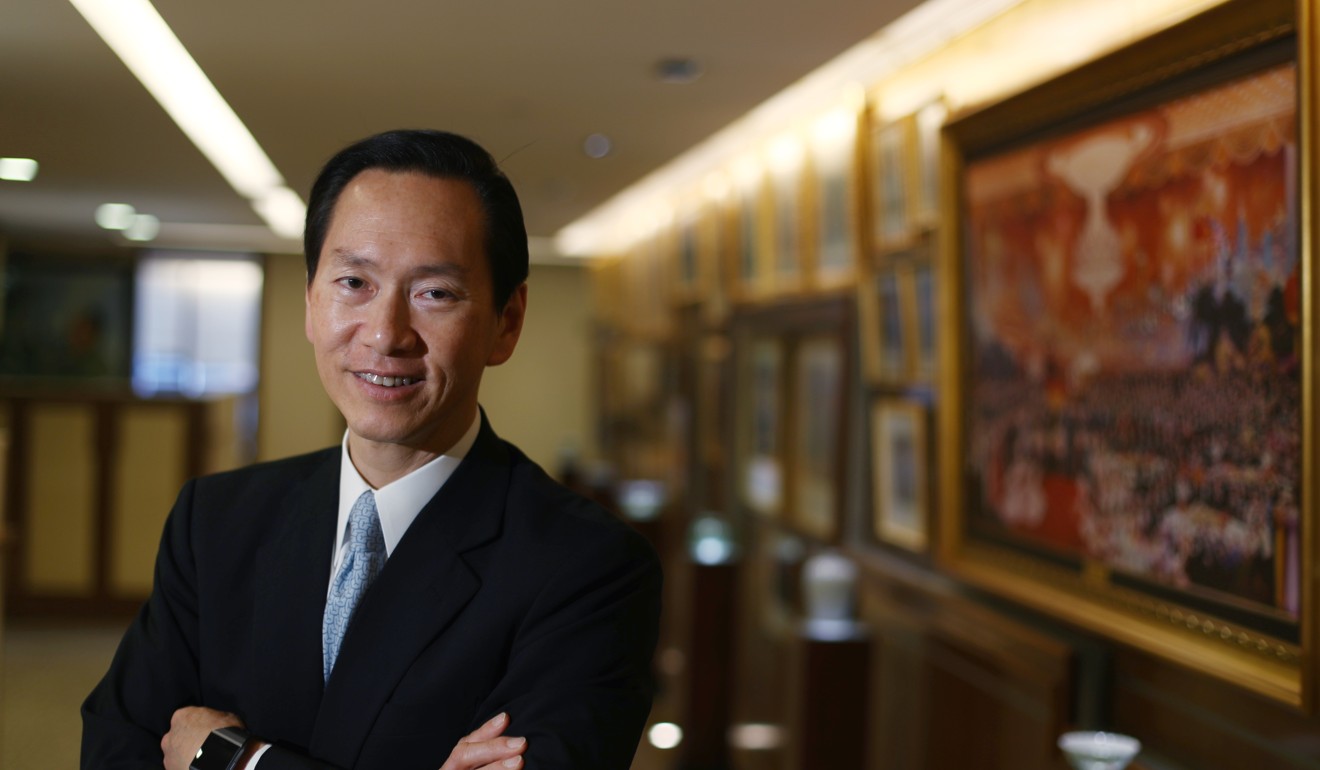
How often does Exco meet? Why do they have to go on summer recess?
There is no rule on how frequently Exco should meet. Meetings are normally held once a week, usually on Tuesdays. Exco member Ronny Tong also said: “Traditionally, Exco’s summer break is tied in with that of the Legislative Council as our work is closely associated with Legco’s. But our break is much shorter. And we can convene anytime if needed by the chief executive.”
Political scientist Chan Wai-keung, of Polytechnic University, said: “Summer recess is a colonial relic. During colonial times, government officials would need to take a long holiday to return home to visit friends or family members. One might wonder why such a practice should still be maintained after the handover. In light of the current situation, the last thing our Exco members need is a holiday. They should be working harder.”
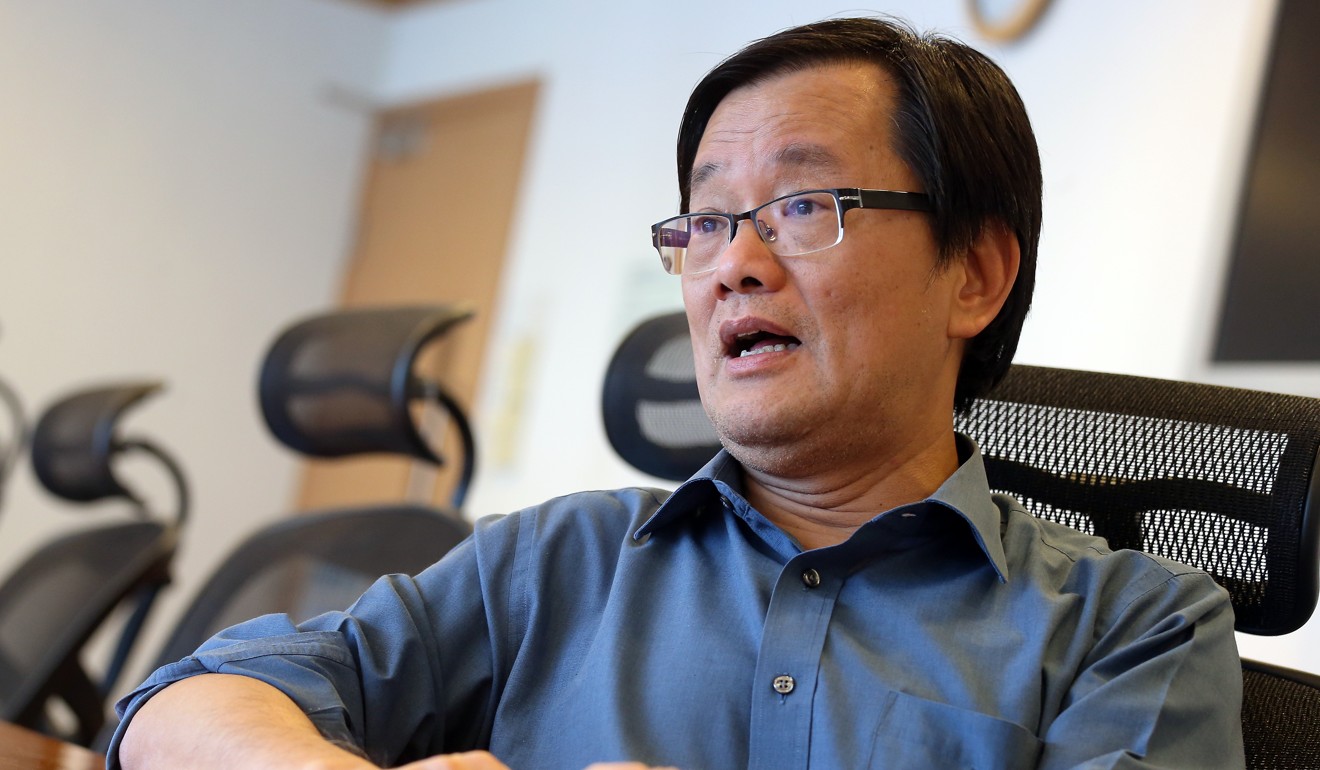
Leung Chun-ying during his time as chief executive cut short the Exco summer break. On average, Exco held more than 45 meetings a year during his five-year term.
In the first six months after Lam took office in July 2017, the Executive Council met 22 times. In 2018, there were 38 meetings.
Exco cancelled its weekly meetings at the Chief Executive’s Office in Admiralty on June 18 and 25 as a result of the unrest around Admiralty at the height of the anti-extradition bill protests. Members met in Government House, the chief executive’s official residence, on July 2. On July 9, the meeting was held again at the usual venue before starting its summer recess.
A spokesman for the Exco secretariat would not comment on the summer break arrangement this year, only saying: “It is a customary practice.”
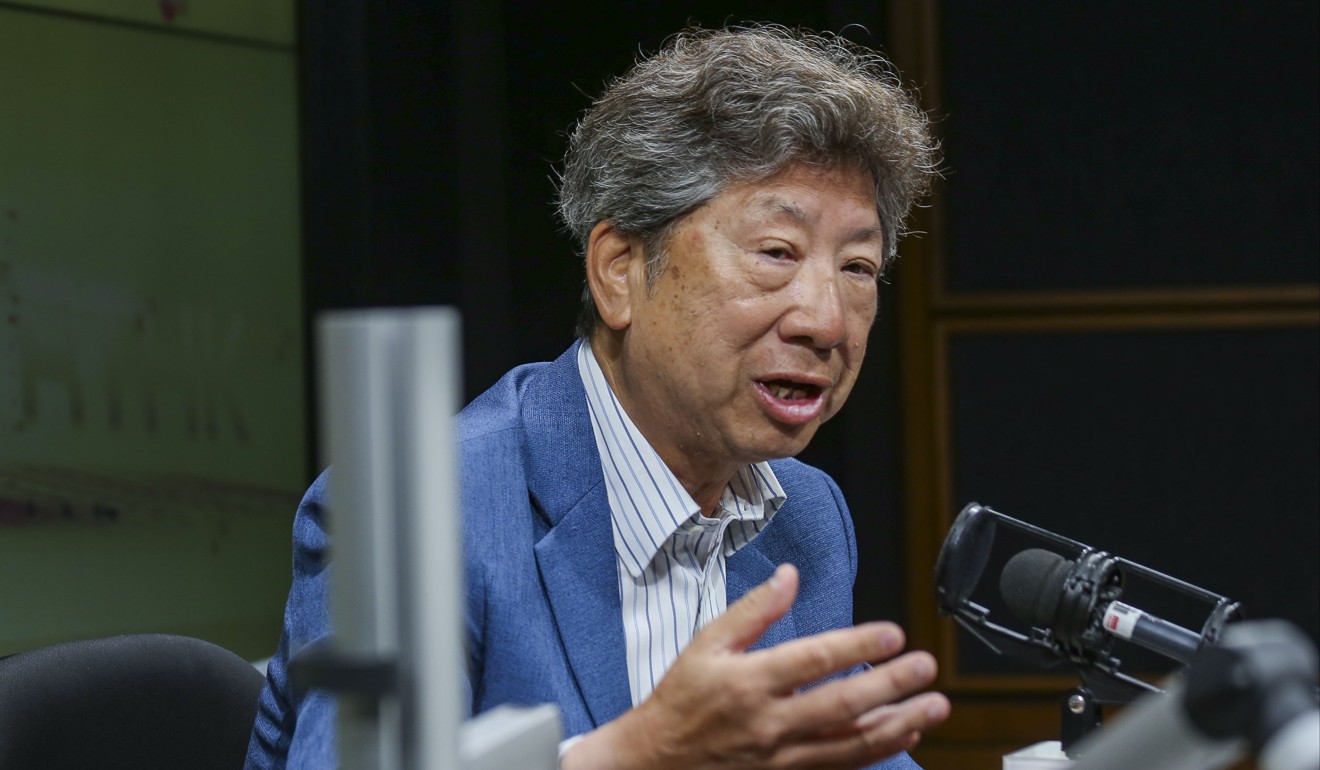
What did under-fire Exco members Ronny Tong and Regina Ip say previously in presenting government positions on the extradition bill?
James Tien, honorary chair of the Liberal Party, recently called for a reshuffle of Exco, saying members should be held partly responsible for the governance crisis faced by Lam, because they failed to persuade her not to push ahead with the controversial bill. Tong and Ip were singled out for the blame.
As organisers claimed some 130,000 people took to the streets to protest against the bill on April 28, Ronny Tong said: “The opposition voices are all political slogans. The worries expressed are due to misunderstandings of the proposed changes … Public views that are not convincing are not representative … It is the best time [to change the law]
“If the government surrenders just because there are some opposing voices, I am afraid it will be difficult to have effective governance in future.”
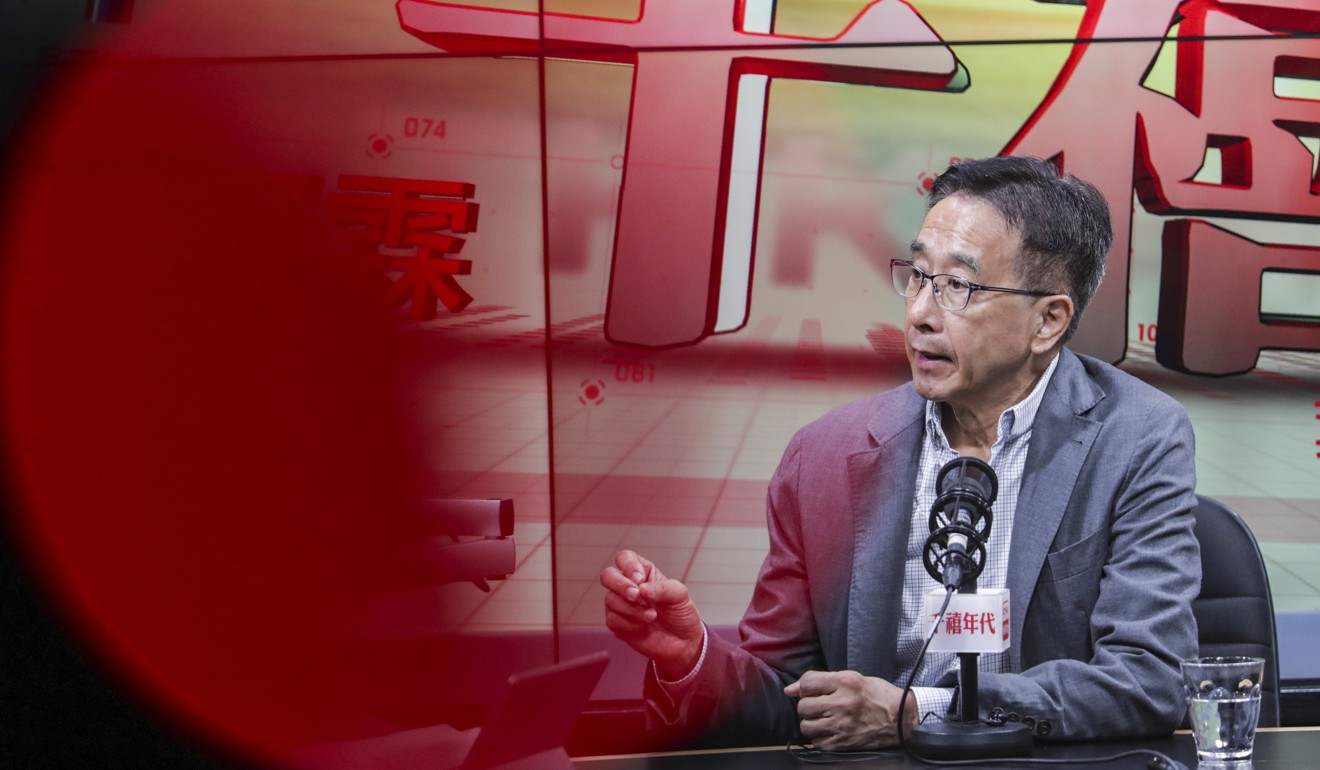
Momentum against the bill intensified in the following weeks and triggered clashes between rival lawmakers in the legislature.
But on May 19, Ip said: “The government should step up on public explanation as some residents are just being misled [into opposing the bill].” She also said the bill should be passed by Legco “as soon as possible”. Asked whether the government’s bid to push the bill through would make Hong Kong more politically divided, Ip said: “It is normal to have different views; even the West does not have an agreed voice on issues, such as Brexit.”
It was only after the mass protests and violent clashes between police and protesters that Exco convenor Bernard Chan did a U-turn on June 14, saying it would be impossible to rush through the bill and that the most important step to take was not to escalate the tense situation.
Tong also said the government should consider all options, including “not immediately passing” the bill.







